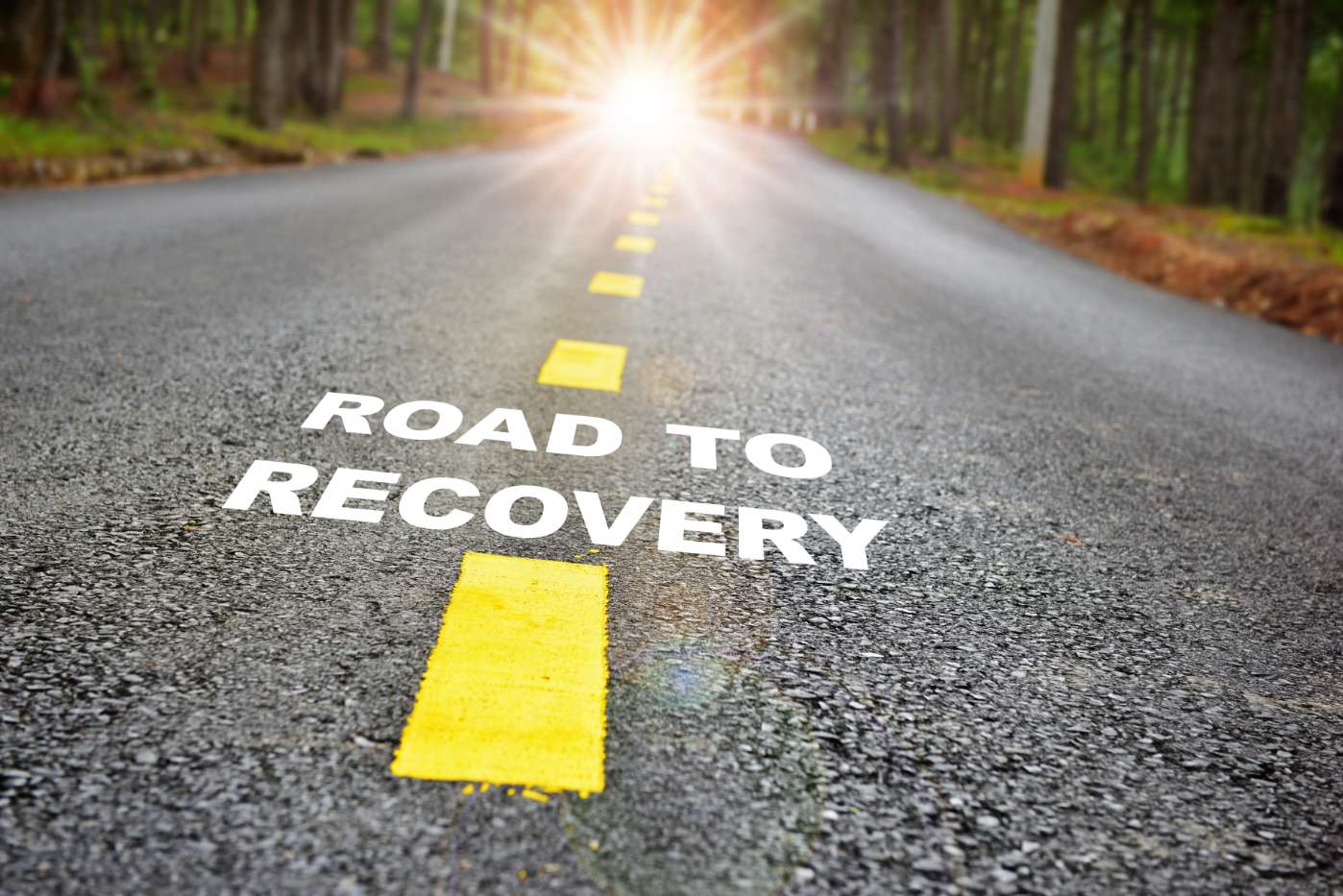Listen to the article
Crisis is defined as ‘a time of intense difficulty or danger’.
Today’s world seems to be revolving around three crises at the same time: the climate crisis, conflict in Europe and the post-covid economic challenges, namely inflation.
In managing situations, the brain tends to look back at similar experiences and try to carry forward the learning of ‘what worked then’ and attempt to repeat the same or similar recipe.
In our lifetime, we have not witnessed crises of the same magnitude and complexity as the above three put together.
While no two crises are the same, there is one aspect in my view which the triple crises share with the ‘2011 revolution’ in Egypt. It goes without saying they are very different in almost every other respect.
I argue that both crises are similar in their long-term impact and in the need for a multi-year recovery process.
The revolution brought about lots of uncertainty, unpredictability, and business disruption. At the time of 2011, some colleagues shared that they believe it will be a couple of months and tourism will bounce back quickly and all will be well. I disagreed firmly and expressed that it will take several years to bounce back and fully recover. My views are also the same with regards to the triple crisis; the full recovery will be a multi-year journey.
Probably the ‘multi-year impact’ is not something most people would want to hear, but I follow a school of thought that believes that it is important to face reality and not burry our heads in the sand. That said, being frank comes with a cost, frequently many people prefer being fed rosy statements and not the naked truth. The latter can often be painful.
‘Sometimes people don’t want to hear the truth because they don’t want their illusions destroyed’ – Friedrich Nietzsche
Not facing the reality and the facts, can be very dangerous indeed. It can even be deadly for individuals and businesses. This will be further illustrated and proven when I elaborate on the Stockdale paradox below.
In the interest of clarity, a paradox is ‘a seemingly absurd or contradictory statement or proposition which when investigated may prove to be well founded or true’.
Stockdale paradox as a useful concept for success in life and business
The Stockdale Paradox is named after United States military officer, Admiral and aviator Jim Stockdale. His story was made famous through Jim Collin’s book ‘Good to Great’, in particular his captivity for eight years and his torture during the Vietnam war. During his captivity, he had no idea when he would be back home or if this will happen at all. Jim Stockdale ended up surviving the ordeal and returning back to his country.
The paradox is that the most optimistic among James Stockdale’s American military colleagues in captivity with him, are the ones who did not make it, collapsed and were unable to survive the experience. How can intense optimism lead to inability to bear torture and imprisonment and then death?
Apparently, those prisoners who thought that the prison situation will be resolved quickly due to their intense optimism, were convinced that by next Christmas or next Easter they would be out. When Christmases and Easters came and went, and there was no change, they got discouraged and did not make it and did not survive. The actual reality did not live up to their high expectations and intense optimism.
The lesson here is that over optimism and not facing the facts, can cause major disappointment, discouragement and an inability to keep going. Confronting the reality we must! It is neither pessimism nor over optimism that are being advocated here – realism on the other hand, is the recommended strategy.
We cannot take the ostrich approach and stick our head in the sand. Self-delusion might work on the short run, and keep morale artificially up in the interim, but it can’t be a long-term strategy.
Where I draw similarity between the two situations mentioned at the beginning of this piece is that in both situations we need to avoid over enthusiasm and confront the reality of a long multi-year recovery.
In his book ‘Good to Great’, Jim Collin’s draws parallels between the mindset of leaders that managed to succeed and transform their companies in the end and the Stockdale paradox:
‘You must retain faith that you will prevail in the end, regardless of the difficulties AND at the same time…You must confront the most brutal facts of your current reality, whatever they might be’.
A formidable combination indeed that enabled Jim Stockdale to survive the ordeal.
Business that are going to survive the triple crises are those who are going to face the naked facts and are not going to hide behind ‘denial’ that it will all bounce back fully in a few weeks!
In building the capacity of leaders with regards to crisis management, it is critical to encourage them to:
a. ‘Right-size’ the challenge, not underestimate its magnitude, implications or the effort and time it would take to bounce-back. This requires analytical and conceptual skills, the ability to deal with complexity and good judgement. Above all, it requires the courage to face the facts.
b. Have the capacity to see the light at the end of the tunnel and the ability to sustain the morale of oneself and the team throughout the journey
Jim Collins has recently put out a video declaring that the world during COVID-19 is living a Stockdale moment. In his book published many years ago he sums it up nicely: the ‘key is to be stoic yet hopeful, realistic without turning cynical’.
The recovery journey is not a sprint but a marathon. Long-term commitment and sustained efforts towards bouncing-back will win the day!
‘Keep your head up. Keep your heart strong’ – Ben Howard
____________________________________________________________

Ayman Madkour’s motto is “Be inspired, Be inspiring”. He is a Middle East-based professional with a global exposure to 37 countries. He is a certified Talent, Human Resources and Leadership development consultant and senior facilitator, coach, assessor, storyteller and author.









